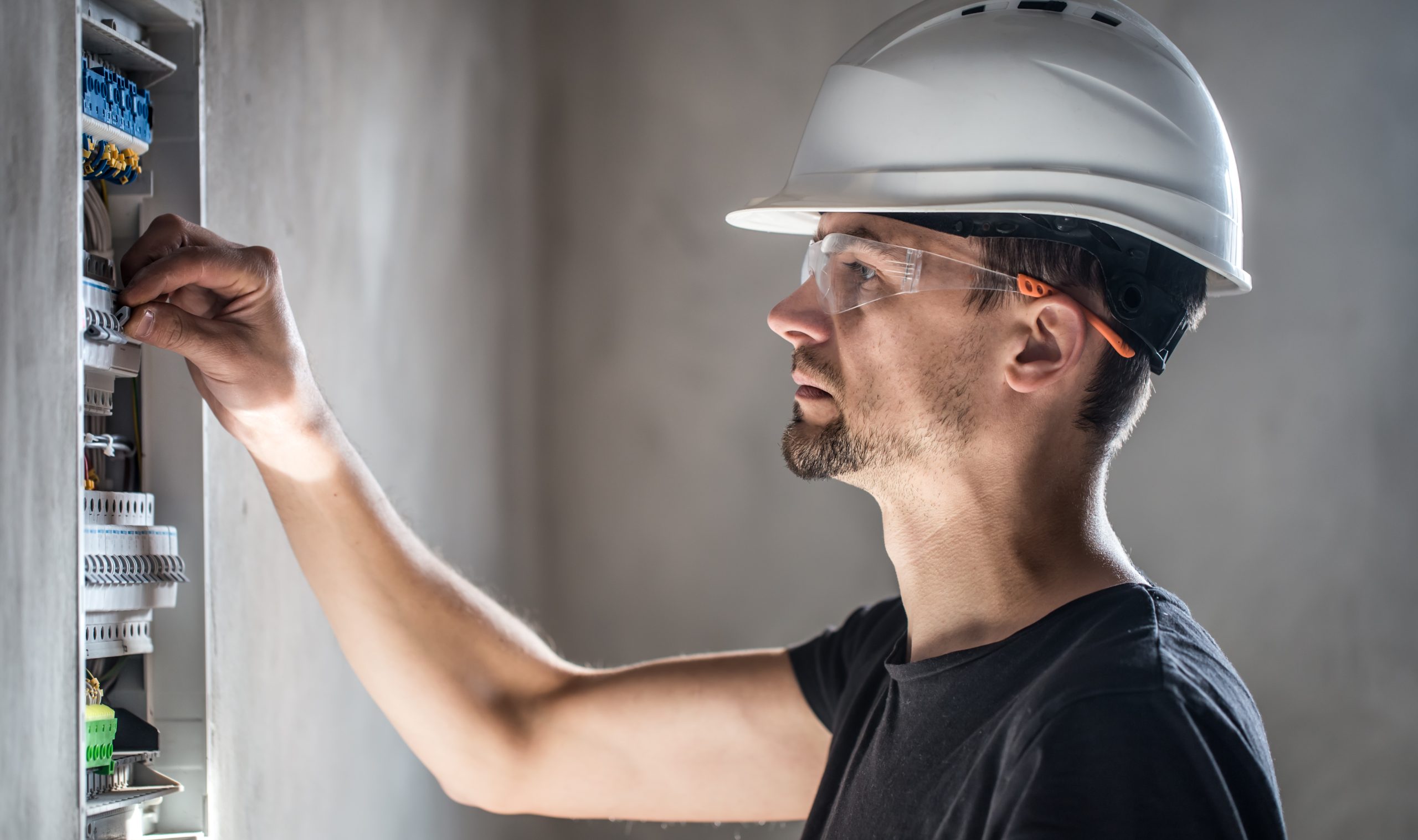Electrical safety is a crucial component of maintaining a secure and hazard-free environment, whether in our homes or commercial spaces. Electrical safety inspections are an essential preventative measure to identify potential risks and rectify them before they escalate into dangerous situations. As local electricians based in Glenfield Park and Wagga Wagga, we are passionate about providing our clients with the knowledge and services needed to ensure their electrical systems are safe, reliable, and compliant with relevant regulations.
In this guide, we will delve into the world of electrical safety inspections, covering various topics to help you understand their significance and how to implement them in your residential or commercial settings.
Whether you’re a homeowner aiming to protect your family from potential electrical hazards or a business owner committed to safeguarding employees and customers from electrical incidents, our guide to electrical safety inspections will empower you with the essential information necessary to maintain a safe and sound electrical environment.
The Importance of Electrical Safety Inspections and Their Benefits
Electrical safety inspections play a key role in averting a host of potential hazards linked to poorly maintained, outdated, or damaged electrical systems. Some primary benefits of regular inspections include:
- Prevention of electrical fires: Electrical malfunctions are among the leading causes of house fires. Inspections help identify and rectify potential issues before they escalate.
- Reduced risk of electrical shock: Ensuring that your electrical systems are functioning correctly and safely lowers the risk of electrocutions, which can be lethal.
- Compliance with regulations: Regular inspections ensure that your home or workspace complies with local and national electrical codes, avoiding potential fines or legal complications.
- Improved electrical system efficiency: Inspections may highlight areas where energy efficiency improvements can be made, reducing overall energy consumption.
- Peace of mind: Knowing that your electrical systems are safe and up-to-date provides invaluable reassurance for you, your family, staff, or customers.
Key Components of a Thorough Electrical Safety Inspection
A comprehensive electrical safety inspection covers a wide range of aspects to ensure a safe and reliable electrical system:
- Electrical panel examination: A thorough inspection of your switchboard, including checking for faulty wiring, insufficient grounding, and outdated fuses or circuit breakers.
- Outlet and switch testing: Assessing the condition and functionality of power points and switches, ensuring they comply with safety standards.
- Wiring assessment: Inspecting the overall wiring system for signs of wear, damage, or age-related deterioration.
- Lighting inspection: Examining light fixtures, fittings, and connections to ensure they are safe and functioning correctly.
- Safety device testing: Verifying the proper functionality of safety switches, emergency lighting, and smoke alarms.
- Load testing: Checking that the electrical system is capable of handling the power demands of your appliances and equipment without overloads.
Common Electrical Hazards and Warning Signs to Watch Out For
In between professional inspections, keep an eye out for potential electrical hazards and warning signs that indicate issues:
- Flickering or dimming lights: This may suggest an overloaded circuit or issues with the connections.
- Warm or discoloured power points: These are warning signs of potential electrical fires.
- Frequent tripping of safety switches or circuit breakers: This could reveal overloaded circuits or faulty electrical devices.
- Persistent electrical shocks from appliances or power points: This indicates potential grounding issues or faulty equipment.
- Unusual odours, sparks, or buzzing noises: These can signal electrical malfunctions, posing a fire risk.
Residential vs. Commercial Electrical Safety Inspections: Key Differences
While the core principles of electrical safety apply to both residential and commercial settings, some differences should be taken into account during inspections:
- Complex electrical systems: Commercial spaces typically have more intricate electrical systems, requiring a higher level of expertise when inspecting.
- Greater power demands: Commercial environments may have higher power demands due to equipment and machinery, which should be factored into the inspection process.
- Different safety regulations: Commercial premises may be subject to specific electrical codes, necessitating additional checks and preventative measures.
Scheduling Electrical Safety Inspections: How Often and When?
The frequency of electrical safety inspections depends on your specific circumstances. However, as a general guideline:
- Residential properties: Inspections should be scheduled every 5-10 years or whenever you’re considering a significant renovation or extension.
- Commercial properties: Aim for inspections every 3-5 years, depending on your business type and electrical system complexity.
- Ad-hoc inspections: These are advised whenever there are signs of electrical issues, such as persistent circuit breaker trips or visible damage.
Maintaining Electrical Safety Between Inspections
In addition to regular inspections, take proactive steps to maintain electrical safety in your home or business, including:
- Timely repairs: Address identified issues swiftly to prevent further damage or hazards.
- Periodic testing: Test safety devices like smoke alarms or emergency lighting to ensure proper functionality.
- Adopt safe practices: Avoid overloading power points, use surge protectors, and promptly replace damaged appliances or cords.
Final Thoughts
Electrical safety inspections are essential for maintaining secure and hazard-free environments in residential and commercial spaces. By understanding the core components of a thorough inspection, recognizing warning signs, and scheduling regular assessments of your electrical systems, you can minimize the risk of accidents and ensure the ongoing safety and well-being of everyone within your premises.
For expert assistance with electrical safety inspections in Glenfield Park and Wagga Wagga, don’t hesitate to contact our professional Glenfield electricians at Riley Smith Electrical for tailored advice and services to protect your home or business from potential electrical hazards.

